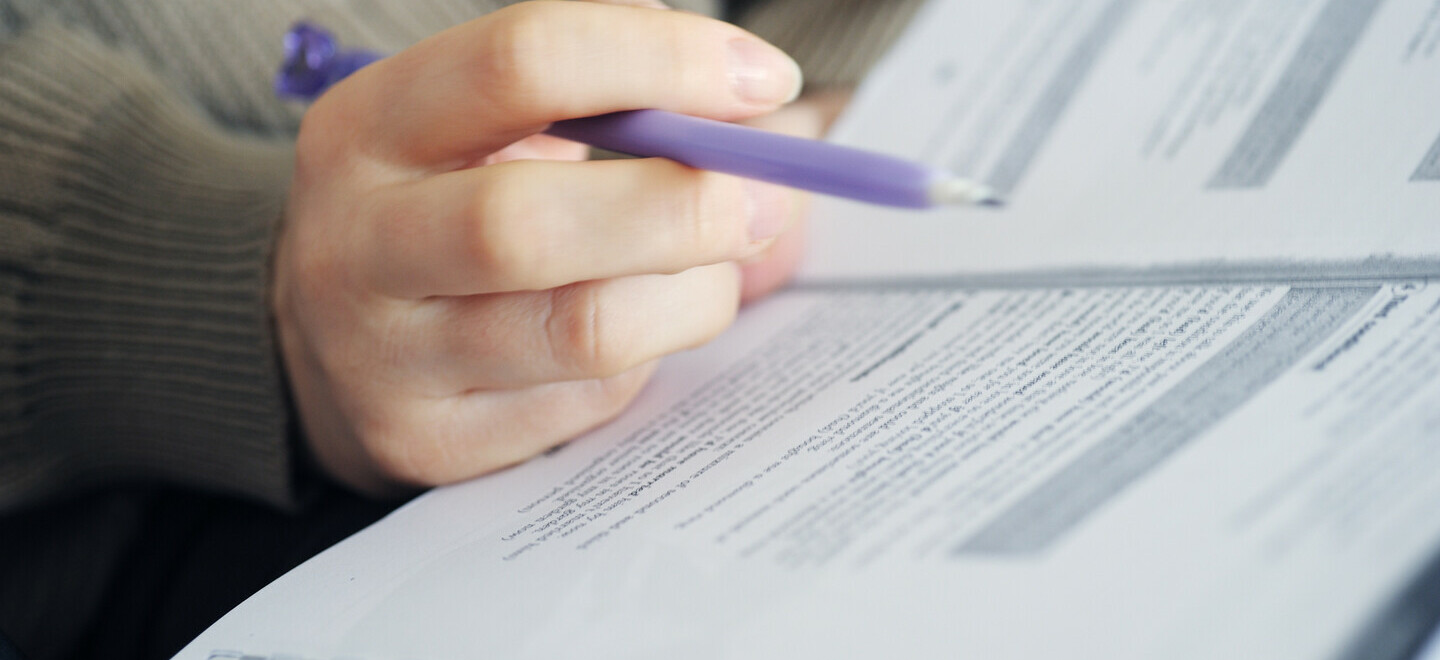Guidelines are dynamic and intended to reflect current best practices in relation to specific areas of dental hygiene. The College’s Guidelines do not describe how to perform dental hygiene services, but rather assist dental hygienists in meeting the Standards of Practice. Guidelines are intended to complement professional decision-making and should be used in conjunction with a dental hygienist's professional judgment.
In some cases, Guidelines have the same force and effect as Standards of Practice and must be complied with. Guidelines that use terminology such as “must” or similar wording mean that compliance with the Guideline is mandatory.
